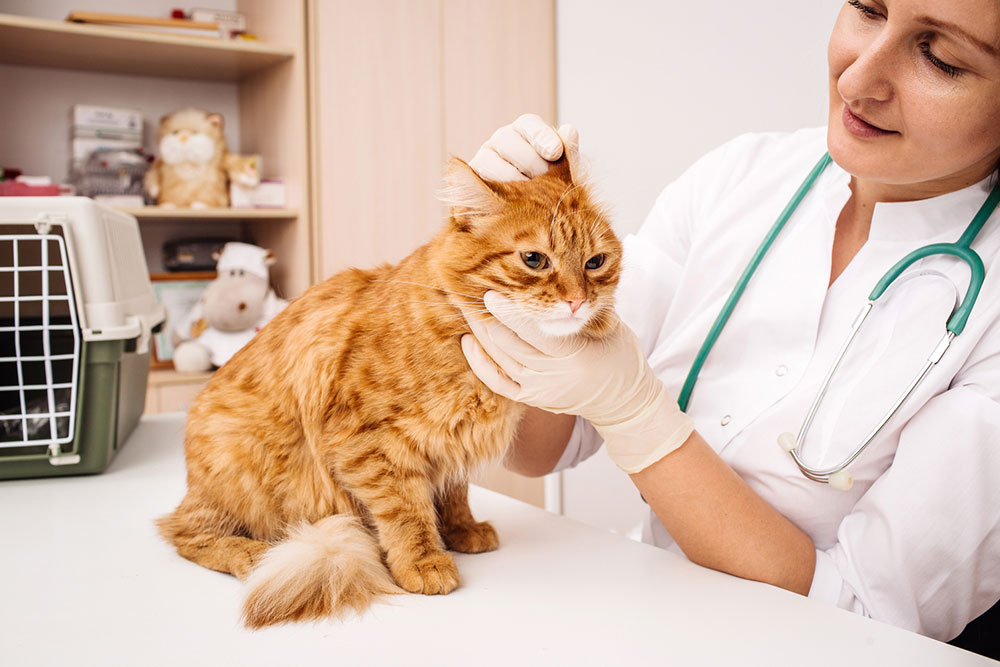
Side effects of pet meds that one should know
Pet owners need to understand that when using pets medication for their pets there are certain side effects that outweigh the benefits. Although medicines do tend to have a lot of plus points, one needs to understand that there could be certain side effects as well. Being a responsible pet parent involves understanding what those side effects may be and what needs to be done in case it develops.
Some of the common side effects that pet meds may cause are:
- Vomiting and diarrhea
Most of the pet medications are administered orally and are hence absorbed by the gastrointestinal tract. Therefore, side effects like diarrhea, vomiting, and loss of appetite are some of the most common side effects that are seen. Taking a drug orally may often result in a mild tummy upset, but this gets resolved over time as the body gets adjusted to the drug.
However, at times, there is a possibility of serious symptoms developing as well. Antibiotics often times cause diarrhea as they tend to disrupt the bacterial population in the gut, which is actually necessary for normal digestion. Probiotic supplements act as a relief to this side effect. - Stomach ulcers
Pets on steroids and non-steroidal, anti-inflammatory drugs are at a greater risk of developing gastrointestinal ulcers, which can actually lead to vomiting and diarrhea that may contain blood. You need to bear in mind that these medications must never be given together. - Lumps and bumps
Rashes, bumps, and lumps on the skin are also common side effects of pet meds. If your pet is given meds through an injection, a bump may appear in that particular area but will disappear by itself in a few days. - Skin irritation
Skin irritation occurs mostly when a medication is applied topically. It can also cause hair loss, flaking, itching, and redness of the skin. Usually washing off the area with warm water and mild soap can relieve those symptoms. Although quite rare, other skin infections are also possible like pets developing hives or epidermal necrolysis, which causes blisters on the skin. - Liver or kidney damage
Any medication that is administered needs to be broken down and excreted from the body. The liver and the kidneys are responsible for this job and may sometimes get damaged in the process. Side effects involving the liver or the kidneys normally happens when your pet has any of these following symptoms – poor appetite, thirst and urination, diarrhea, vomiting, and lethargy. - Anaphylaxis
This is that scariest side effect that one can witness. This is a potentially fatal allergic reaction and it develops very quickly. Difficulty in breathing, vomiting, diarrhea, pale or blue-tinged mucous membrane, and seizures are the symptoms of anaphylaxis. Immediate treatment involving intravenous fluids and injections of epinephrine are needed.



